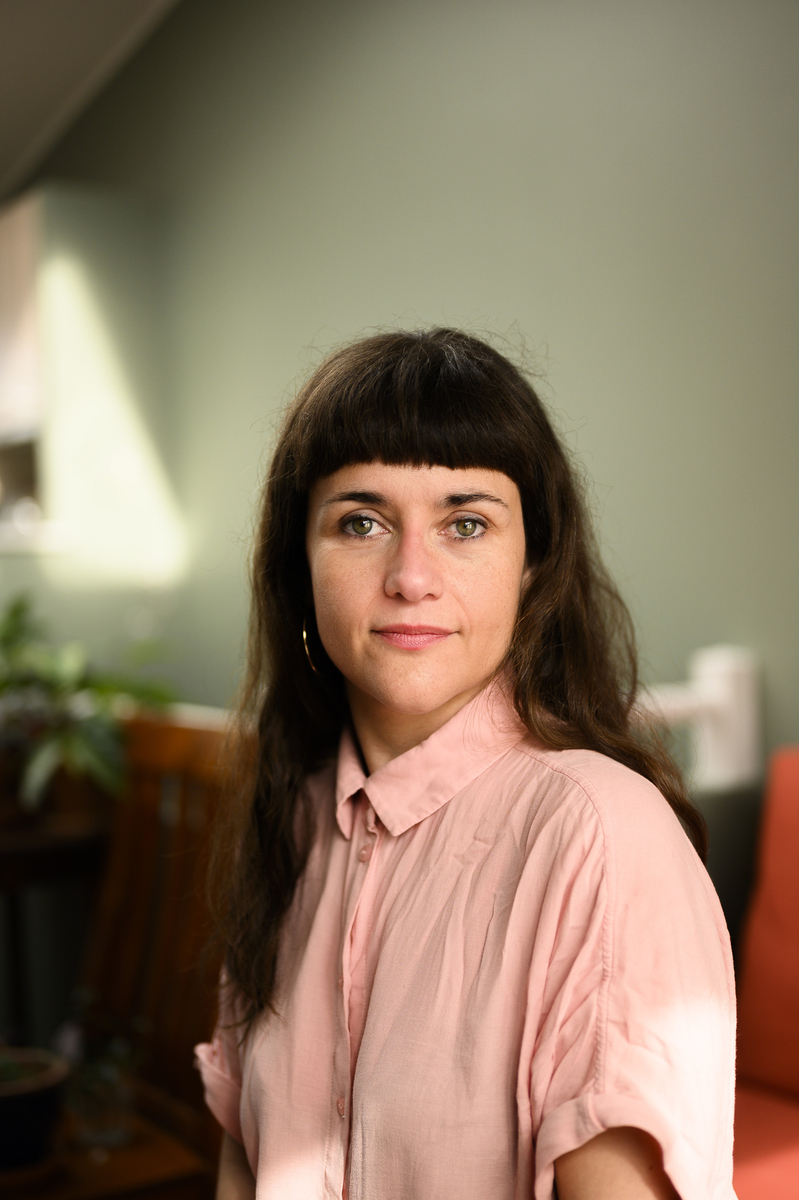In the political imaginary, the meaning of justice in cases of sexual violence is usually equated with criminal justice. However, research shows that justice for survivors of sexual violence is a more nuanced and complex phenomenon. Taking survivor-centred justice seriously demands the rethinking of different justice mechanisms and the creation of different political, social and legal pathways to justice.
To address the “justice deficit” in cases of sexual violence the international conference Recognising Sexual Violence: Developing Pathways to Survivor-Centred Justice will explore alternative approaches to justice as part of efforts to hold the state and offenders to account.
“It's safe to say that when it comes to our understanding of sexual violence we have seen significant social changes over the last few years, especially in the wake of the #MeToo movement. In Iceland, public discussions on sexual violence and justice have led to various legal and policy reforms in the effort to better meet victim-survivors justice interests. These include a consent-based definition of rape in the Penal Code; increased rights for victims in the criminal justice procedure; provision on legal aid for victims of sexual violence and violence in close relationships who wish to pursue a tort case. In addition, we have on-going policy discussions about if restorative justice should be taken up in cases of sexual violence; how companies, institutions and NGOs can address cases of sexual violence; and how it is possible to develop transformative social justice. For this purpose, we have invited excellent scholars who have thought about these questions in relation to these different justice pathways to speak about the topic and the possible implications of these developments,” says Hildur Fjóla Antonsdóttir, postdoc at EDDA – Research Center at the University of Iceland, and one of the conference organisers.
The conference is organised by RIKK – Institute for Gender, Equality and Difference at the University of Iceland in coordination with the Law Faculty of Lund University and the Department of Criminology and Sociology of Law at Oslo University. The conference received funding from the Icelandic Gender Equality Fund, the Nordic Council of Ministers, and the Icelandic Prime Minister’s Office.
The conference takes place on 28 September 2022 in the Aula in the Main Building at the University of Iceland. The conference is open to all and consists of six panels and a plenary session exploring the topic across different themes and regions with a particular emphasis on the Nordic context.
Please register for the event here below. Recordings from the conference will be made available afterwards. A closed Nordic workshop will also be held parallel to the conference.
Registration and conference programme is available on RIKK's webpage.




